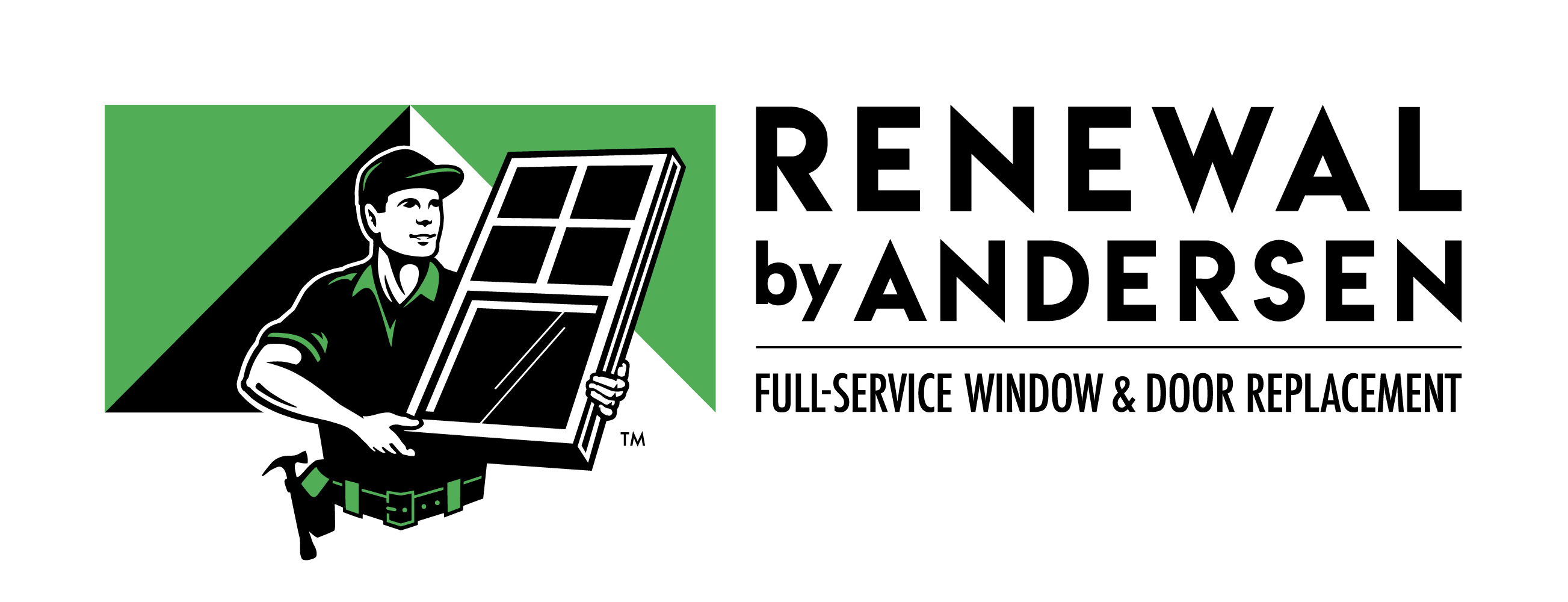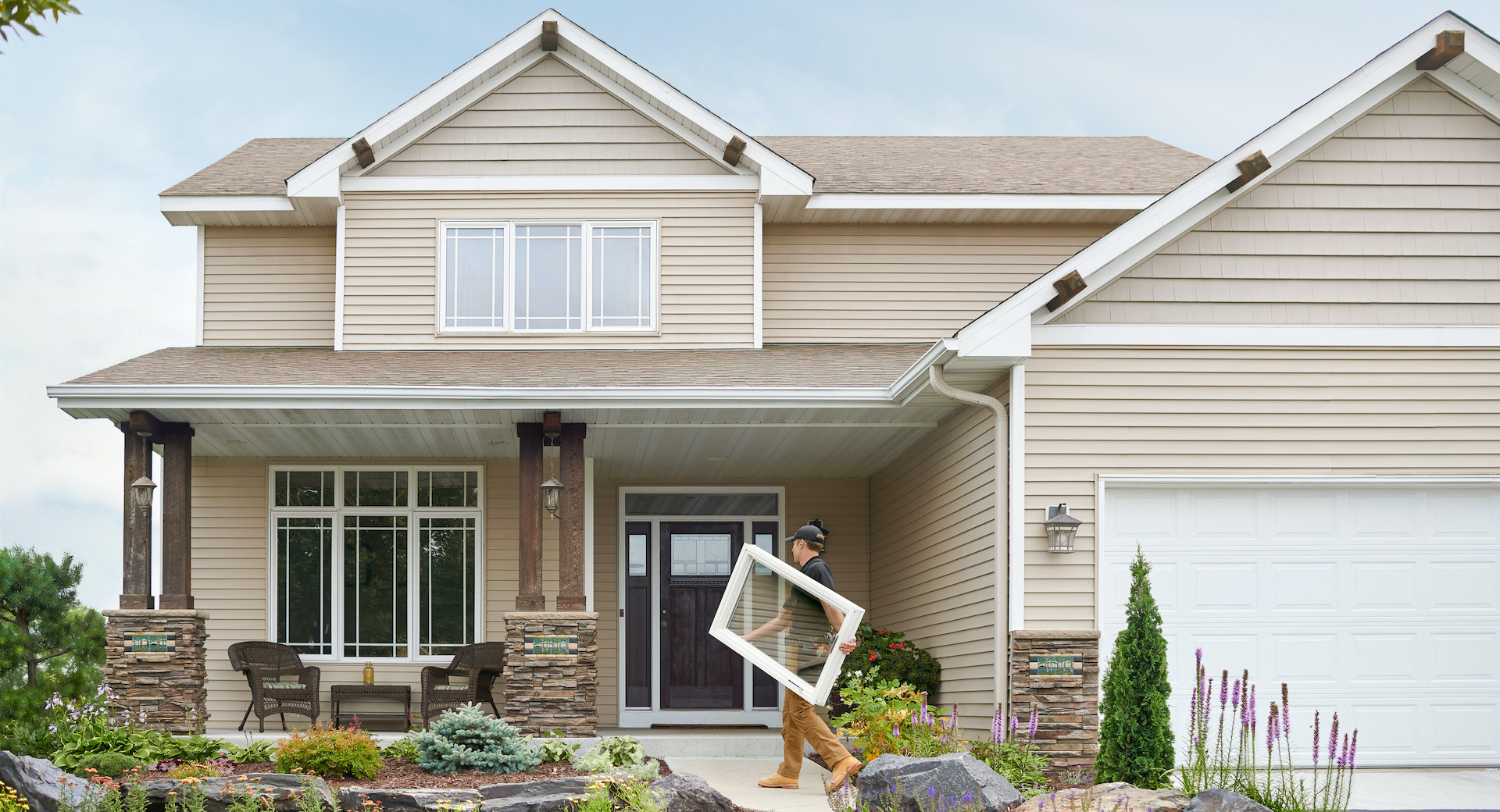21 Jul Protect Your Home from Storm Damage: The Benefits of Impact-Resistant Windows
As a Florida homeowner, you know the importance of being prepared for hurricane season. High winds, heavy rain, and flying debris can cause significant damage to your property, particularly to your windows.
And if you’re looking for a way to protect your home from storm damage, impact-resistant windows may be the solution you need.
Understanding Impact-Resistant Windows
Living in Florida, homeowners often face the threat of extreme weather conditions, particularly that of hurricanes and tropical storms.
As you well know, the high-speed winds these weather events bring can turn everyday objects into dangerous projectiles, capable of causing severe damage to homes and the people within. This is where impact-resistant glass windows become essential.
Impact-resistant windows are made of two or more layers of glass that are bonded together with a layer of polyvinyl butyral (PVB) film. This creates a sandwich-like structure that is incredibly resistant to impact. Thus, according to the University of Florida, “if cracked or broken, the glass fragments tend to adhere to the plastic interlayer thus preventing water, wind or wind-borne debris from entering the structure.”
But that’s not all — impact-resistant windows also offer other benefits, such as insulation against heat and noise, reduced energy consumption, and increased security.
Types of Impact-Resistant Windows
The primary benefit of impact-resistant windows is that they protect your home from storm damage. They are tested against high-speed winds and flying debris, which makes them an ideal choice for Florida homeowners.
That being said, there are two types of impact-resistant windows: laminated and insulated laminated.
“‘Laminated glass’ is an assembly consisting of two or more layers of one of the above glass types with an interlayer material bonded between,” as explained by the Fenestration and Glazing Industry Alliance (FGIA). “An insulating glass unit or IGU is two or more panes of glass spaced apart and sealed to form a single assembly with an air- or gas-filled (such as argon) cavity between panes.”
Both types of windows offer excellent protection against storm damage, but insulated laminated windows offer better insulation and may be more energy-efficient.
Selecting Impact-Resistant Windows
When selecting impact-resistant windows for your home, there are several factors to consider. For example, you’ll want to look for windows that are rated for the wind speed in your specific area. Also, consider the type of frame material you want — common options include vinyl, aluminum, and fiberglass.
Finally, think about the overall quality of craftsmanship and installation you can find in one place.
After all, why would you choose unreliable products or services when you could opt to work with Renewal by Andersen® of Florida?
As a Florida homeowner, protecting your home from storm damage is a top priority. That’s why our coastal impact windows…
- Provide you with optimized energy efficiency
- Minimize temperature-induced shrinking and expanding
- Are salt-water resistant
- Can withstand water intrusion
- Prove both durable and attractive thanks to our Fibrex® framing materials
- And more!
So, are you ready to weather the storm with the state’s best impact-resistant windows? Then it’s time to contact Renewal by Andersen® of Florida!
Call our team today at 855-830-2420 to get started!

